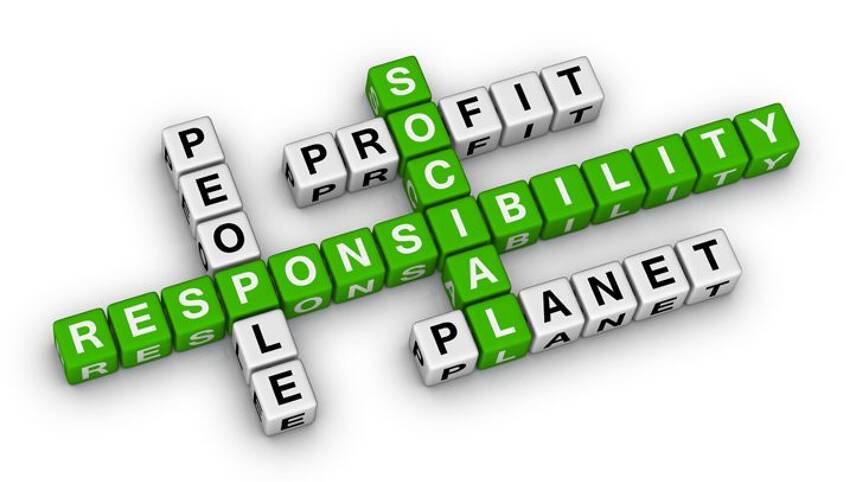Register for free and continue reading
Join our growing army of changemakers and get unlimited access to our premium content

PwC has said that, by 2025, total transactions in the UK using the sharing economy could reach £140bn. But by the same token, the number of allegations that are being made against come companies operating in this economic space are also making headlines. There are allegations, for example, that Uber has purposely cut fares low enough so as to drive other taxi services and drivers out of business. And only few months ago, Uber admitted underpaying New York City drivers by millions of dollars for two-and-a-half years by taking a larger cut of drivers’ fares than it was entitled. Uber co-founder Travis Kalanick has now stepped down as CEO, not because of shareholder pressure (Uber is privately held) but in part because of intense criticism made by consumers.
Now there is no denying the importance of being a profitable business, but profitability should not override all other considerations. How profits are made is extremely important, and therein lies the important message: Responsibility. And it is this which should never be overlooked – it is the backbone of a sustainable company. (Remember, if you will, what the ‘R’ in CSR stands for). As CEO of Simply Sustainable, for me, responsibility means a duty of obligation and care to those groups and individuals that I affect, namely our stakeholders, and society at large. Stakeholders are our customers, suppliers, employees, communities and financiers or shareholders. And responsibility is the precursor and partner to accountability which means being willing to answer for the outcomes resulting from those choices, behaviours, and actions we, or I, ultimately take.
Since the global financial crisis, there is now a greater expectation than ever for business to operate within the interests of wider society, be they publicly or privately held, and be responsible and accountable. Companies must now ensure they demonstrate responsible, ethical and transparent business practices increasingly demanded from them by consumers, employees, governments and investors. Now, more and more businesses are looking beyond just maximizing profit and instead look to measure their social and environmental impact. It is no surprise that Millennials and Generation Z seem to be fronting this and I think it is one that is set to grow over time, as the concept does have a part to play in the sustainability of a business. What is happening to Uber is a prime example of public condemnation driving change – and a company having to accept responsibility for its actions and being held accountable for them.



Please login or Register to leave a comment.